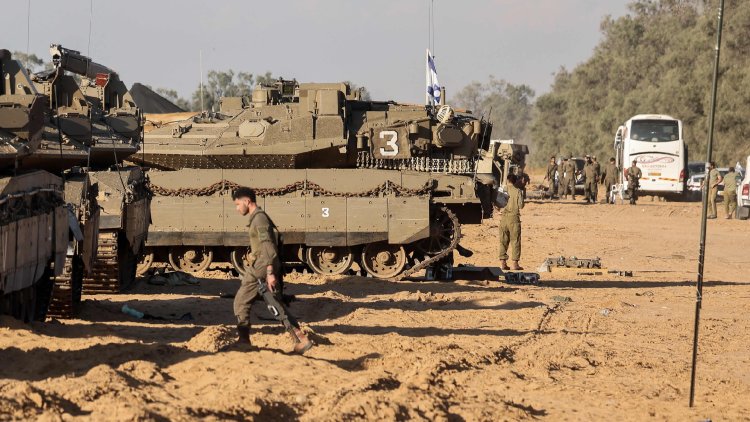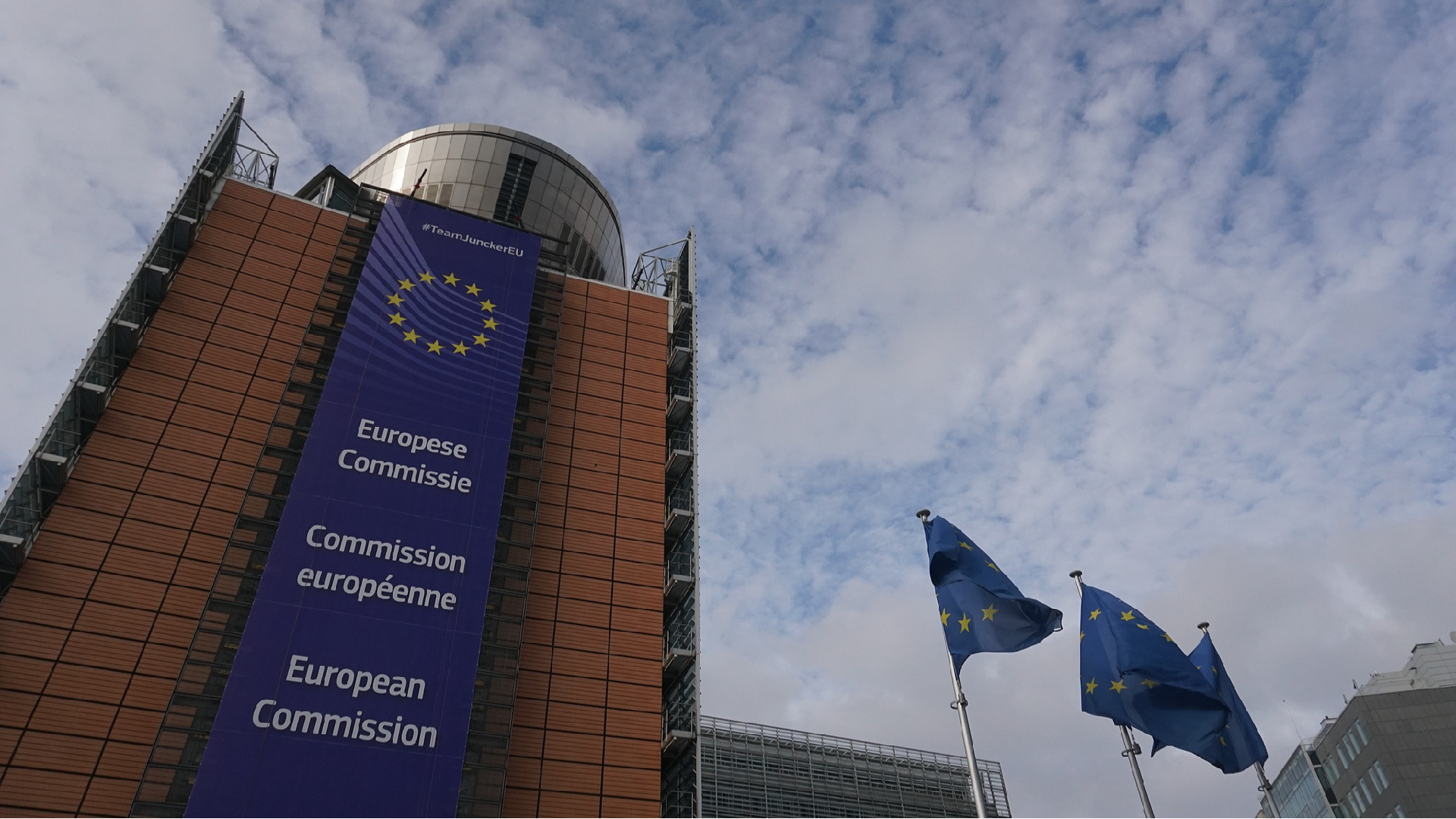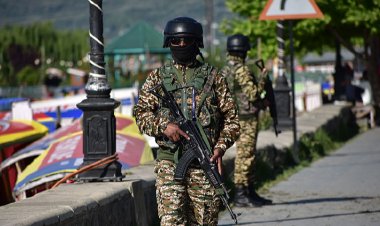Officials say Israel might capture entire Gaza Strip in broadened operation
Israel is considering taking control of the Gaza Strip and regulating aid as part of an escalated offensive against the Palestinian militant group Hamas, a move that received approval from Prime Minister Benjamin Netanyahu's security cabinet on Monday, according to officials.

An Israeli defense official indicated that this operation would not commence until U.S. President Donald Trump concludes his visit to the Middle East next week.
This decision follows weeks of stalled attempts to negotiate a ceasefire with Hamas, highlighting the ongoing threat of a protracted conflict that is attracting international scrutiny and diminishing public support for the Israeli government.
A spokesman for the government informed journalists online that reserve soldiers are being mobilized to enhance operations in Gaza, emphasizing that the intention is not to occupy the territory.
As reported by Israel's public broadcaster Kan, which cited officials familiar with the situation, the new strategy is set to be implemented gradually over several months, initially concentrating efforts on specific areas of the heavily damaged enclave.
Israeli forces have already occupied approximately one-third of the Gaza Strip, displacing residents and establishing watchtowers and surveillance posts in areas designated as security zones. However, this new initiative aims to extend those operations further.
One Israeli government official stated that the newly authorized campaign would encompass the entire Gaza Strip, directing its civilian population southward and preventing humanitarian aid from reaching Hamas.
According to the defense official, the distribution of aid—which has been managed by international and UN organizations—will be turned over to private companies, with the distribution occurring in the southern region of Rafah once the offensive commences.
Throughout the conflict, the Israeli military has exhibited little desire to take over Gaza but refrained from commenting on the statements made by government officials and politicians.
Israel resumed its military actions in March following the breakdown of a U.S.-brokered ceasefire that had paused fighting for two months. Since then, it has enforced a blockade on aid to the enclave, prompting warnings from the United Nations and international organizations about the impending famine faced by the 2.3 million residents.
The Israeli defense official noted that Israel intends to maintain control over the security zones established along the Gaza perimeter, as they are deemed essential for safeguarding Israeli communities in the vicinity.
Nevertheless, he pointed out that there remains a "window of opportunity" for a ceasefire and hostage release agreement during Trump's upcoming visit to the region.
"If there is no hostage deal, Operation Gideon Chariots will begin with great intensity and will not stop until all its goals are achieved," he said.
In response, Hamas official Mahmoud Mardawi dismissed what he characterized as "pressure and blackmail."
"There’s no deal except a comprehensive one, which includes a complete ceasefire, full withdrawal from Gaza, reconstruction of the Gaza Strip, and the release of all prisoners from both sides," he stated.
Allen M Lee for TROIB News












